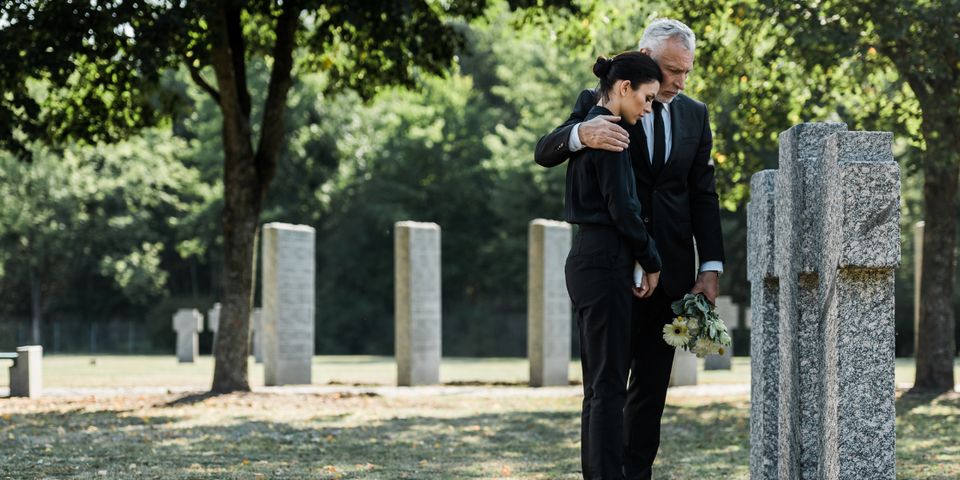
After a loved one's death, family members may face funeral planning and burial costs. Many people create funeral trusts to ensure these financial responsibilities are handled and prevent complications during the grieving process. Learn more about these trusts and determine if one is right for you in the guide below.
What Is a Funeral Trust?
An individual, or trustor, works with two other parties to establish this type of trust. The first party, or trustee, is a trust company, bank, insurance company, or funeral home. The other party is the beneficiary, such as a family member. By creating a trust, the trustor provides funds for expenses such as embalming or cremation, the burial plot, flowers, casket, and other related costs.
A funeral trust can come in revocable or irrevocable form. A revocable trust allows individuals to adjust contract terms, maintain control over funds, and dissolve the contract if desired.
An irrevocable trust is solely managed by the trustee. No one can access the funds until after the trustor’s passing.
Who Should Create One?

While funeral trusts are commonly associated with people aged 50 and up, they can be created by anyone 18 or older. Trusts can also be set up by family members for children, spouses, siblings, and aging parents. Whether it's made by the deceased or a close loved one, a trust can help anyone who wants to avoid cost-related problems during the grieving process.
What Should You Consider?
Before moving forward with a funeral trust, consider what type of end-of-life service you want. Let your plans and wishes dictate the amount of money you want to put aside, such as a memorial service that includes scattering ashes or a traditional funeral and burial.
Consider Medicaid factors before deciding on an irrevocable or revocable trust. An irrevocable trust doesn't impact Medicaid eligibility, as the funds aren't counted among assets during the application process. A revocable option affects eligibility because you have access to the funds and might not qualify for Medicaid coverage.
Another consideration includes who to name as the trust’s executor, such as an immediate family member, distant relative, or attorney. This person will ensure your desires are carried through, so choose someone you can rely on.
Discuss your trust options during funeral planning sessions with Adzima Funeral Home. Based in Stratford, CT, this family-run funeral home has provided a full suite of services, including burial trusts, for over 100 years. Call (203) 375-2200 to get started, or learn more about funeral planning services online. Connect on Facebook for the latest updates.
About the Business
Have a question? Ask the experts!
Send your question

